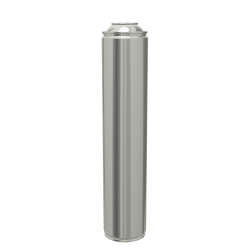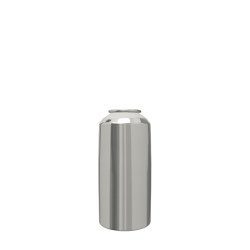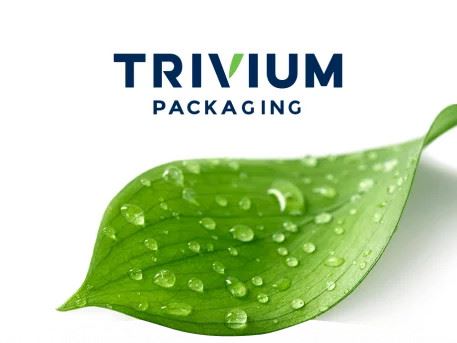

- 83% of consumers among younger generations (<44) showed a willingness to pay more for sustainable packaging
- The majority of consumers say that sustainability of packaging is a factor in their product selection process
- 67% of consumers identify as environmentally aware, the same as last year despite the pandemic
- Consumers around the globe are aligned on the material they regard as the most unsustainable packaging material on the market: plastic
Despite a year of unprecedented disruption, new data reveals that consumer demand for sustainable packaging continues to grow, led by a younger generation who are overwhelmingly willing to pay more for packaging that they consider to be eco-friendly.
Today, Trivium Packaging, a $2.7B global metal packaging company, releases its 2021 Global Buying Green Report in partnership with Boston Consulting Group, surveying more than 15,000 participants across Europe, North America, and South America on their behaviors related to sustainable packaging, including willingness to pay more for eco-friendly packaging, and perceptions of different packaging materials.
The study reveals a steady climb in younger consumers’ dedication to sustainable living. 83% of those 44 and under were willing to pay more for sustainable packaging. The study also showed that younger consumers were 23% more inclined to pay for sustainable packaging than older generations, with no significant difference in income bracket or between Millennials and Generation Zers.
Key findings conclude that overall consumer demand for sustainable packaging remains high despite the major impact COVID-19 had globally. 67% of consumers identified as environmentally aware, consistent with last year’s report. Additionally, 67% of those surveyed identified packaging that is recyclable as important, 64% identified packaging that contains recycled content as a priority in their buying decisions and fewer than 1 in 3 consumers deprioritized sustainable packaging due to COVID-19.
“No event in recent memory has had as much impact on consumer behavior as COVID-19 yet the majority of consumers did not de-prioritize sustainability in the face of the pandemic, a true testament to the unwavering sustainability movement led by young consumers” said Trivium Packaging CEO Michael Mapes.
Consumers were aligned across all regions on identifying plastic as the most unsustainable packaging material on the market, consistent with findings from Trivium’s 2020 report as well as broader research on the negative environmental impact of plastic packaging. Survey respondents consistently associated plastic with undesirable attributes such as ocean pollution (63%), harmful (55%) and wasteful (36%).
But while consumer awareness of environmental impact, pollution and harmful materials to the planet remains high, the study points to an alarming consumer misconception: a gap between actual material recyclability and consumer perceptions of it. Metal, for example, is recycled at a much higher rate (64%) than perceived by the consumer (48%) while glass, plastic and liquid cartons all have a much lower rate of recycling (32%, 14%, 26%) than that perceived by the consumer (65%, 41%, 65% respectively).
“Consumers did not recognize that metals are infinitely recyclable and overestimated the recyclability of other materials, such as plastic and glass. This is a result of too many inconsistencies in environmental messages and labels, differences in local recycling processes, as well as a general lack of awareness of best recycling practices,” said Jenny Wassenaar, Vice President Sustainability, Trivium Packaging.
“It is at the core of Trivium’s value system to address these disparities by working with brand partners and across our entire supply chain to support recycling initiatives, amplify sustainability messages for example through our standardized Metal Recycles ForeverTM logo and provide clear, fact-based resources that will inspire and educate the end consumer on the best recycling practices.”
To download the full report and review a more detailed report specific to each region surveyed, view the 2021 Buying Green Report.



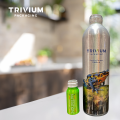

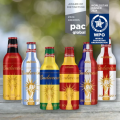

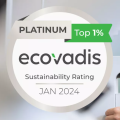
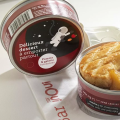
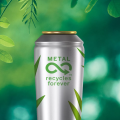
.png)

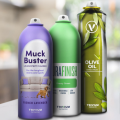
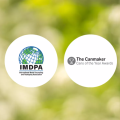

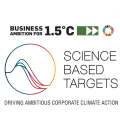
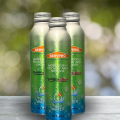
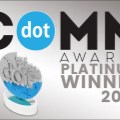
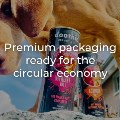
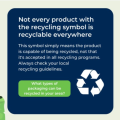
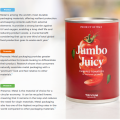
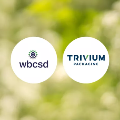
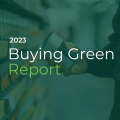
.png)
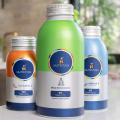
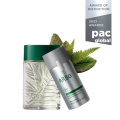
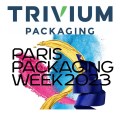
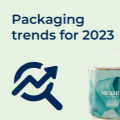
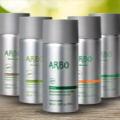
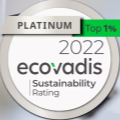

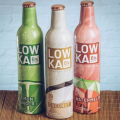
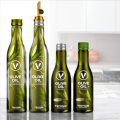
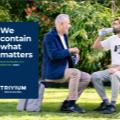
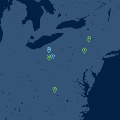




.png)


